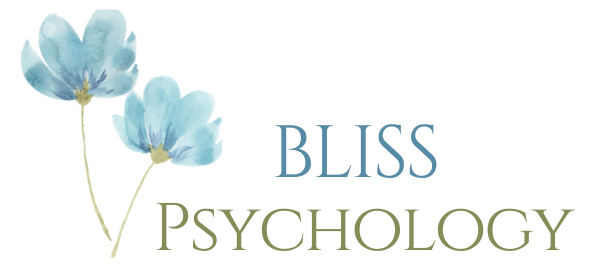Our Treatment Approach
We utilize evidence-based therapies tailored to your unique needs, goals, and preferences to support lasting positive change.
EMDR Therapy
EMDR is a structured therapy that encourages the patient to focus briefly on the trauma memory while simultaneously experiencing bilateral stimulation (typically eye movements), which is associated with a reduction in the vividness and emotion associated with the trauma memories. Eye Movement Desensitization and Reprocessing (EMDR) therapy is an extensively researched, effective psychotherapy method proven to help people recover from trauma and PTSD symptoms.


Cognitive Behavioural Therapy (CBT)
Cognitive behavioural therapy (CBT) is an effective treatment approach for a range of mental and emotional health issues, including anxiety and depression. CBT aims to help you identify and challenge unhelpful thoughts and to learn practical self-help strategies. These strategies are designed to bring about immediate positive changes in your quality of life. CBT can be good for anyone who needs support to challenge unhelpful thoughts that are preventing them from reaching their goals or living the life they want to live.
Dialectical Behaviour Therapy (DBT)
Dialectical behaviour therapy (DBT) is a structured psychotherapy with a strong educational and skill-based component designed to provide skills for managing intense emotions and negotiating social relationships. The term ‘dialectical’ means ‘working with opposites’. DBT uses opposing strategies of ‘acceptance’ and ‘change’. It has four core modules: Mindfulness: being self-aware and present in the moment (the ‘here and now’), Distress tolerance: understanding and managing your emotions in difficult or stressful situations without using harmful behaviours, Emotion regulation: becoming more aware of your emotions and regulating them efficiently, and Interpersonal effectiveness: learning how to ask for what you need, setting boundaries whilst being respectful towards yourself and others.


Schema Therapy
Schema is a cognitive framework that allows us to make sense of new information and experiences by fitting them into our pre-existing understanding. Schemas, like the lenses in a pair of glasses, influence how we perceive and interpret the world around us. When child’s core needs are not met in childhood, maladaptive schemas develop that lead to unhealthy life patterns. These maladaptive schemas consist of negative/dysfunctional thoughts and feelings which develop early in life as a result of the need for connection, autonomy, play and spontaneity, limits and assertion not being adequately met. The negative patterns are repeated and elaborated upon throughout a person’s life, and pose obstacles for accomplishing one’s goals and getting one’s needs met.
Schema therapy helps individuals meet their basic emotional needs by helping the them learn how to heal schemas by diminishing the intensity of emotional memories comprising the schema and the intensity of bodily sensations, and by changing the cognitive patterns connected to the schema. Therapy also aims to replace maladaptive coping styles and responses with adaptive patterns of behaviour.
Acceptance and Commitment Therapy (ACT)
Acceptance and commitment therapy is a psychotherapy that help clients to stop avoiding, denying, and struggling with their inner emotions and, instead, accept that these deeper feelings are appropriate responses to certain situations that should not prevent them from moving forward in their lives. ACT focuses on helping individuals to behave more consistently with their own values and apply mindfulness and acceptance skills to their responses to uncontrollable experiences.


Solution-Focused Brief Therapy (SFBT)
Solution-Focused Brief Therapy (SFBT), also called Solution-Focused Therapy (SFT) is a short-term goal-focused evidence-based therapeutic approach, which incorporates positive psychology principles and practices, and which helps clients change by constructing solutions rather than focusing on problems. In the most basic sense, SFBT is a hope friendly, positive emotion eliciting, future-oriented vehicle for formulating, motivating, achieving, and sustaining desired behavioral change.
